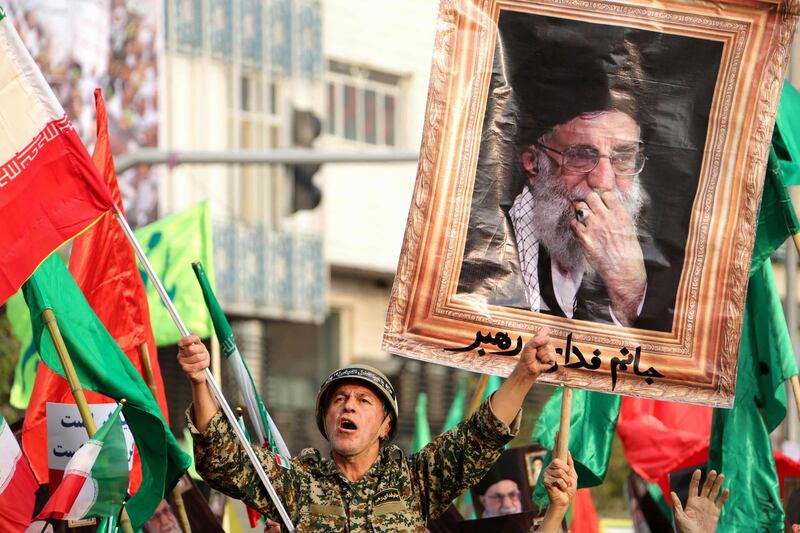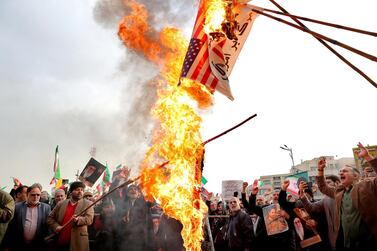Iranian authorities are harassing media workers at Persian language news outlets in Europe, journalist unions have said.
The International Federation of Journalists said family members in Iran bore the brunt of the abuse amid threats to bring back Iranian reporters by force.
The UK and Ireland’s National Union of Journalists said family members in Iran had been ordered to pass on abusive messages to reporters out of the regimes reach in London. It said relatives were questioned by Iranian authorities and their passports had been confiscated.
Nearly 150 protesters have been killed in anti-government demonstrations in Iran, which began on November 15, although state TV coverage has been minimal. There have also been widespread internet cuts. Iranians are particularly enraged by petrol price rises.
The IFJ said it had spoken to one Europe-based journalist of a Persian channel whose parents were “summoned” by Iranian authorities and asked “to convince me to stop my career here”.
Defamatory news has been spread targeting individuals and journalists and their families have faced surveillance.
“Once again, officials are using outrageous tactics to intimidate and threaten journalists across a range of media outlets in the UK and internationally, including the targeting of our members at Iran International and the BBC Persian Service,” said the NUJ’s general secretary Michelle Stanistreet.
“Once again, we are seeing close relatives and family friends in Iran being cynically weaponised by the Iranian government to intimidate legitimate journalists into giving up their jobs, and to return to Iran – or face being snatched off the streets in London,” she added.
Journalists based abroad who do not follow the Iranian regime’s line have regularly complained of harassment.
The IFJ said that in 2017, Iran banned more than 150 Iranian reporters and staff of BBC Persian from any legal transactions inside the country.
It also cited the case of activist Ruhollah Zam, who was reportedly lured from Paris to Iraq and then brought back to Iran against his will.
"This campaign of harassment has to stop. This cruel and inhumane tormenting of families has to cease,” Ms Stanistreet said.
“The Iranian government must recognise that this harassment of individuals and their families are clearly understood by the international community for what they are – an attack on journalism and on press freedom, one that the NUJ and everyone who cares about media freedom will not allow to be successful,” she added.








